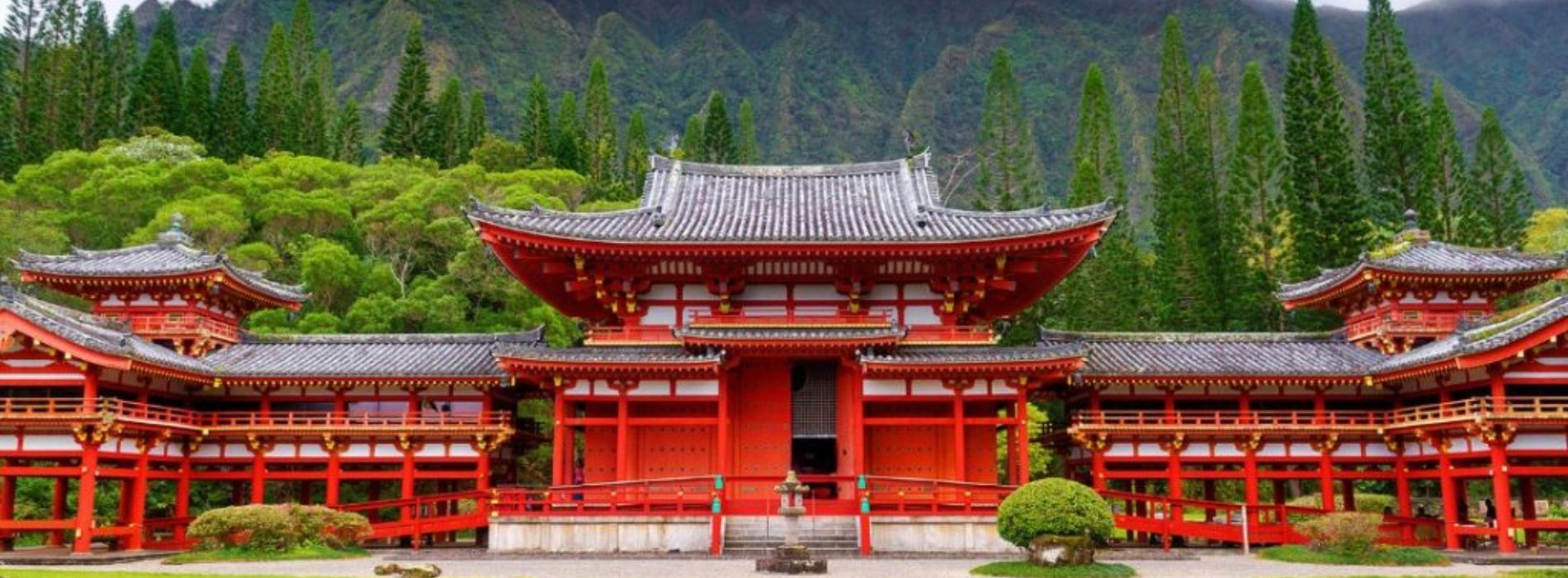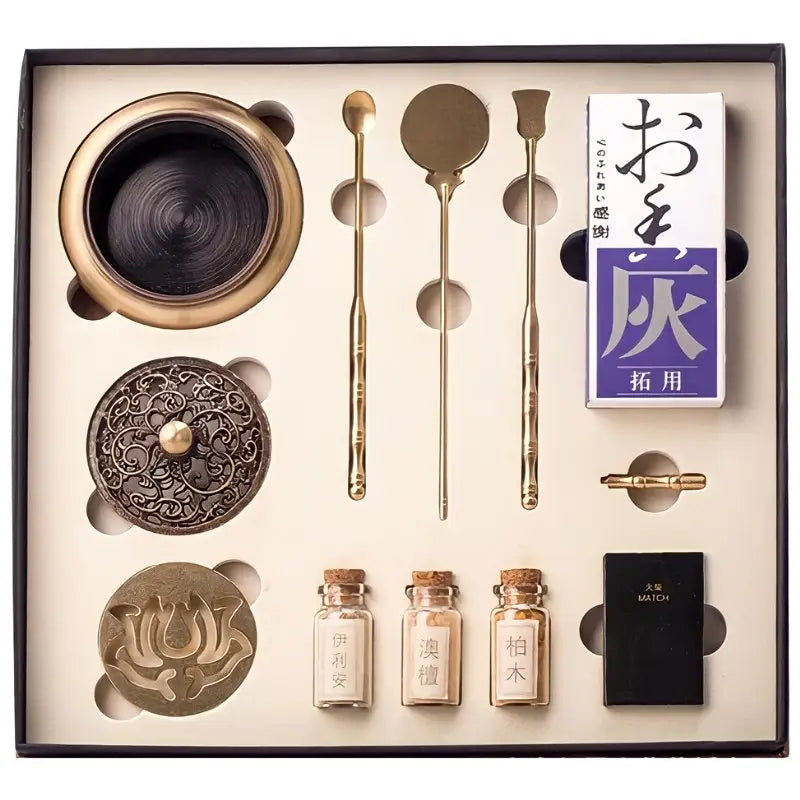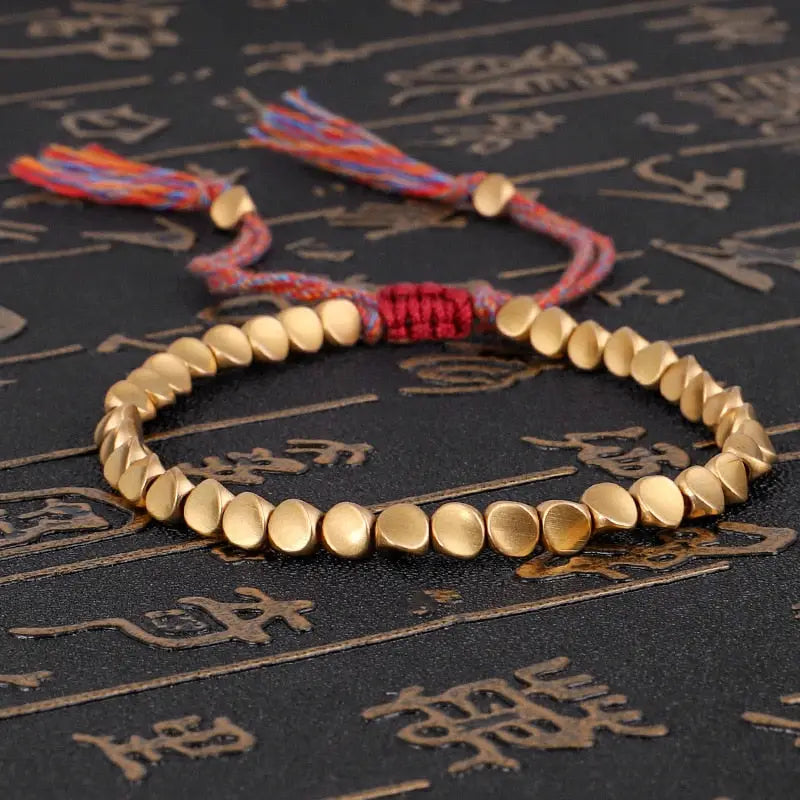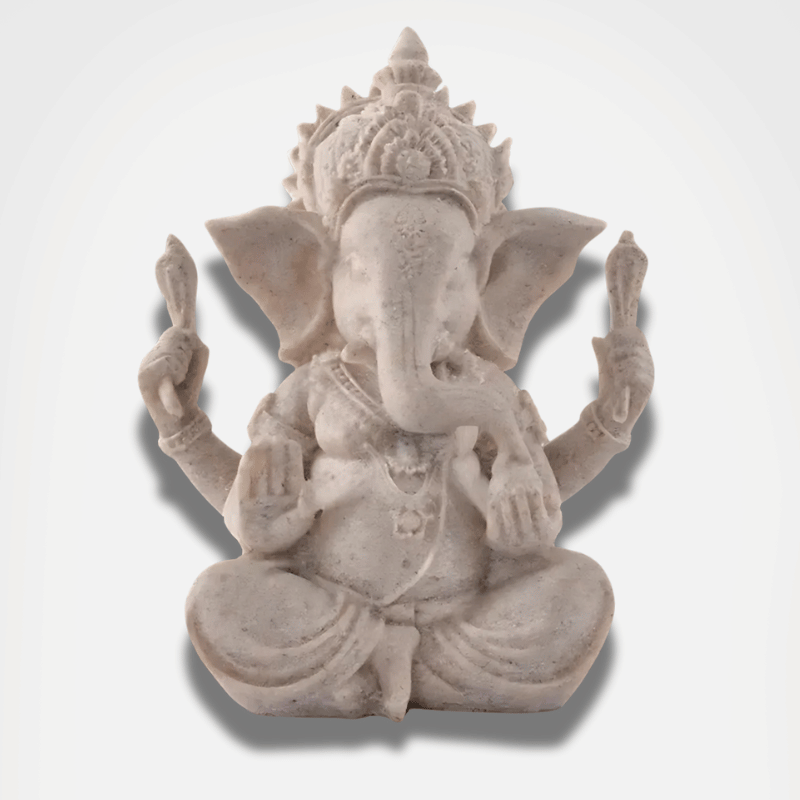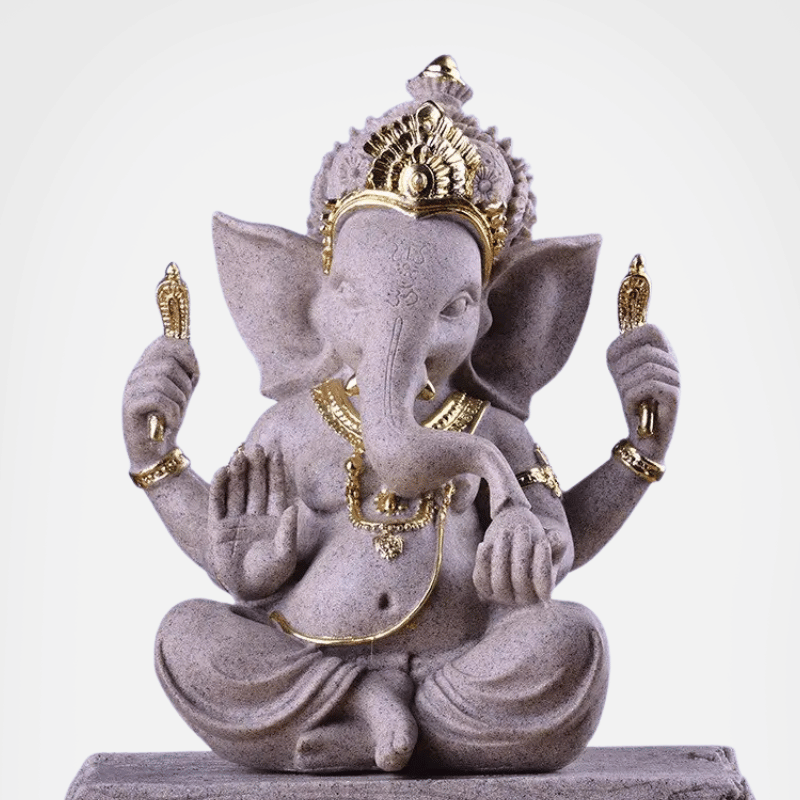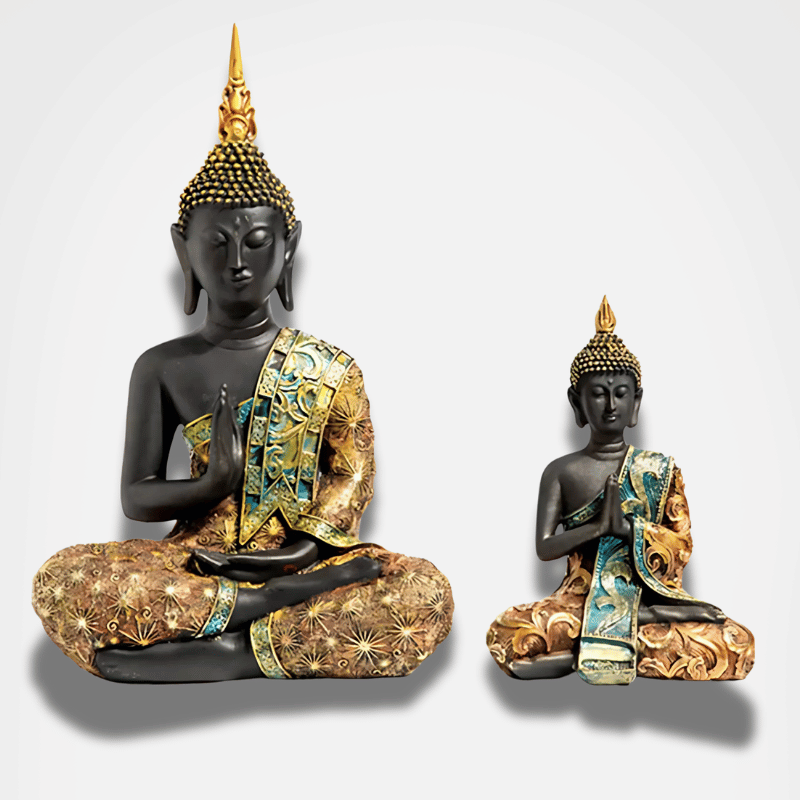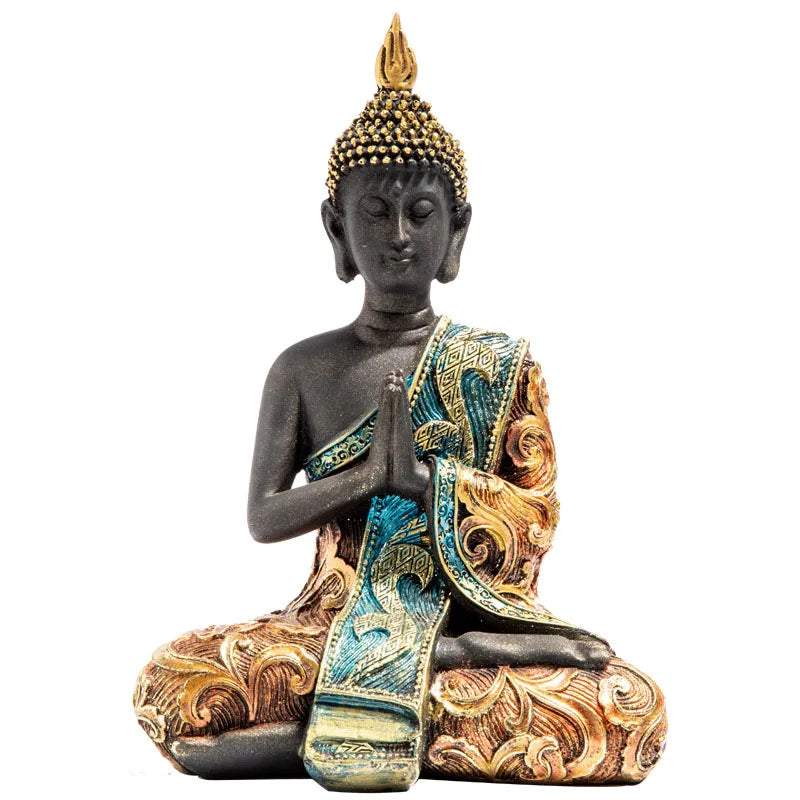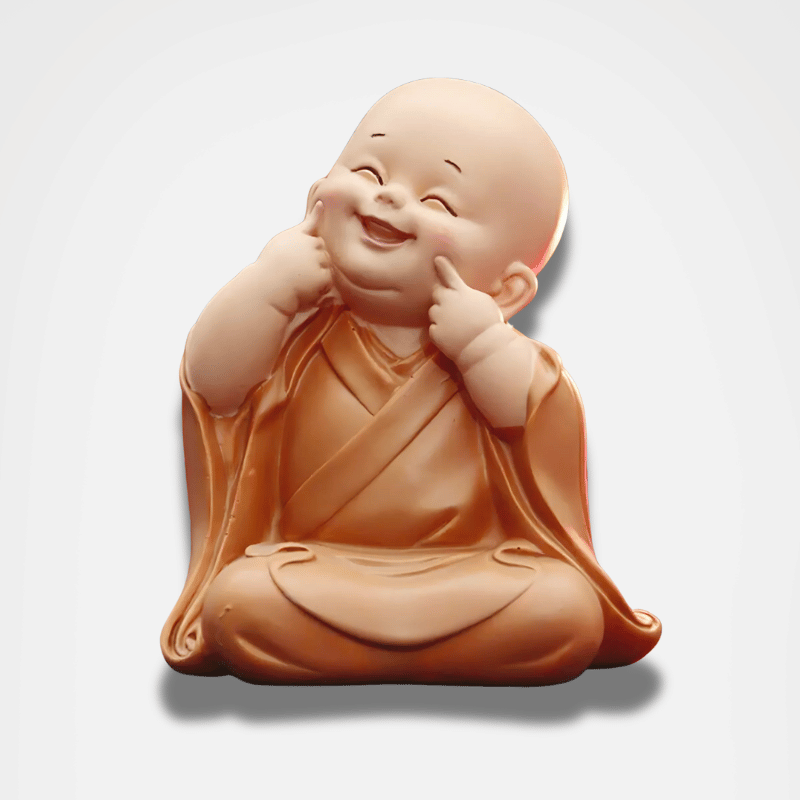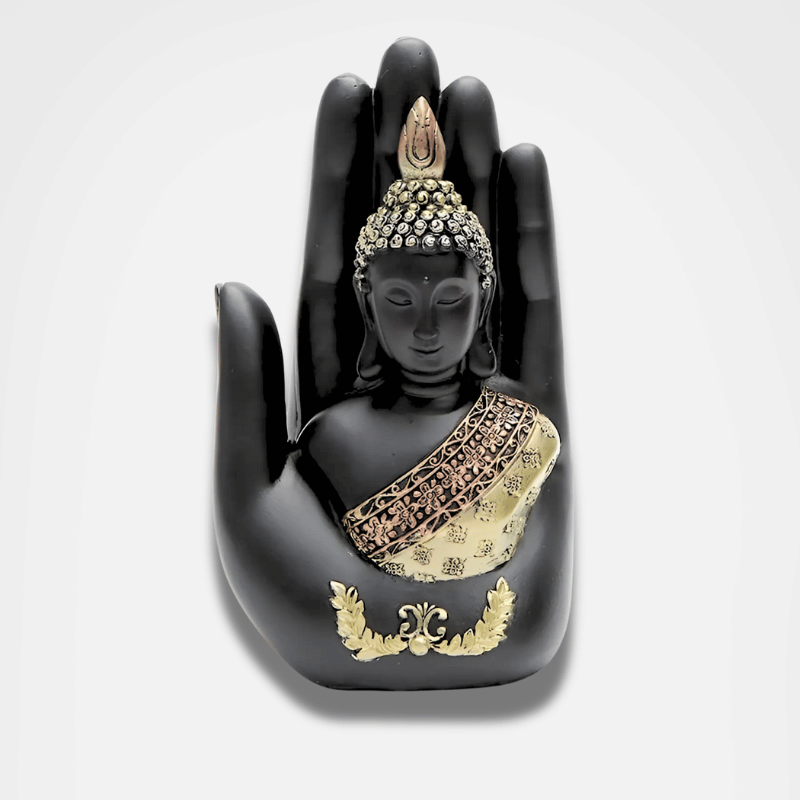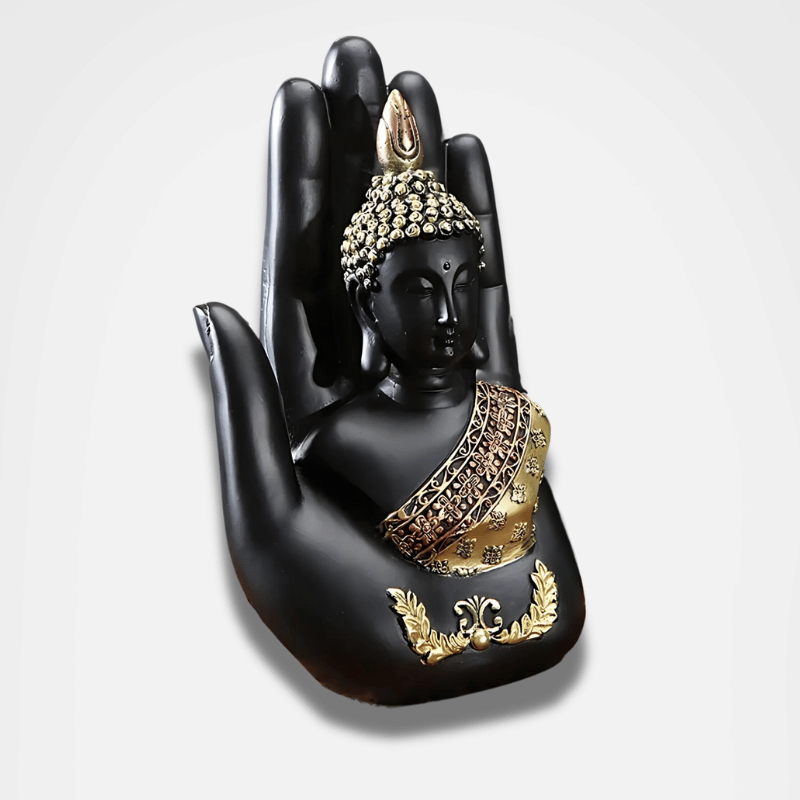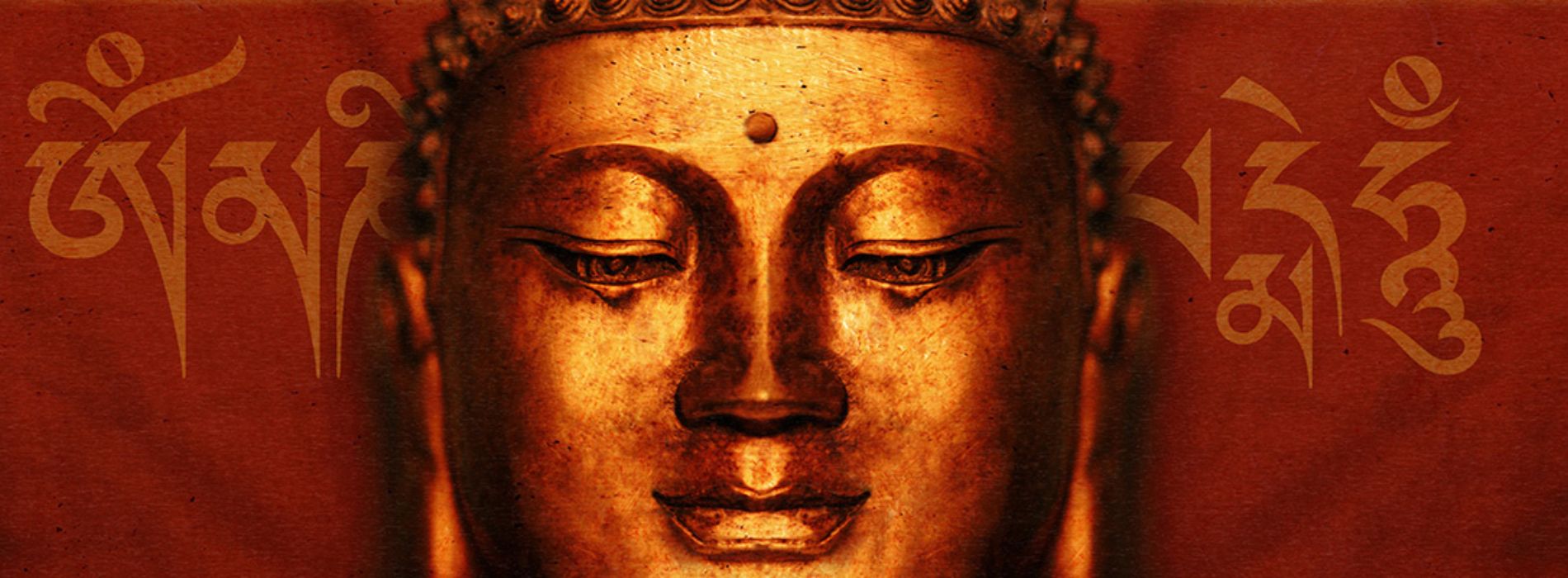The Buddhist temple in Japan: a foray into Japanese spirituality
What is a Buddhist temple in Japan?
Buddhist temples in Japan are sacred places where worshipers gather to practice their religion and meditate. They are usually built in peaceful locations, surrounded by nature and provide spiritual refuge. Temples often feature magnificent statues of Buddha and other deities, as well as Zen gardens ideal for meditation.
Visiting a Buddhist temple is a unique cultural experience, where one can explore the history, art and spirituality of Japan. It is also a way to relax and find inner peace.
The architecture of Buddhist temples in Japan
The architecture of Buddhist temples in Japan is rich in symbolism and tradition. The temples are built according to precise principles and use traditional materials such as wood and stone. Roofs are often covered with ceramic tiles and buildings are decorated with sculptures and paintings.
Buddhist temples are often organized around a main building, called a hondo, which houses the main statue of the Buddha. Worshipers can enter the hondo to pray and make offerings. Around the hondo, there are often other buildings, such as meditation rooms, libraries and kitchens where monks prepare their meals.
The temples are also known for their magnificent Zen gardens, designed to encourage meditation and contemplation. These gardens are often composed of carefully arranged sand, rocks and vegetation.
The principles of Buddhism practiced in the temples
Buddhist temples are places where worshipers can practice their religion according to the principles of Buddhism. Buddhism is a philosophy based on the teaching of Buddha, and which aims to achieve enlightenment and liberation from suffering.
In temples, worshipers can participate in religious rituals, such as prayers and offerings, and listen to the teachings of monks. Meditation is also a common practice, allowing devotees to connect with their inner spirit and achieve a state of calm and serenity.
Buddhist temples in Japan are open to all, regardless of religion, and visitors are encouraged to respect the traditions and customs of the place.
Festivals and events at Buddhist temples
Buddhist temples are the scene of many festivals and events throughout the year, providing worshipers and visitors with the opportunity to participate in religious and cultural celebrations.
One of the most famous festivals is Hanami, which celebrates the blossoming of cherry trees in spring. Temples are adorned with lanterns and worshipers gather to pray, sing and enjoy the beauty of cherry blossoms.
The tea ceremony in Buddhist temples
The tea ceremony is an ancient tradition in Japan and is often practiced in Buddhist temples. This ceremony focuses on the preparation and tasting of tea, and is considered an art. It is often associated with meditation and the quest for inner tranquility.
The tea ceremony is a meticulous and codified ritual, during which tea is carefully prepared and offered to guests. It highlights simplicity and harmony, and allows you to connect to the present moment.
Buddhist temples provide an ideal setting for practicing the tea ceremony, with their peaceful gardens and meditation rooms conducive to contemplation.
Spiritual retreats in Buddhist temples
Many Buddhist temples in Japan offer spiritual retreats where worshipers can retreat from the outside world and devote themselves to meditation and the practice of Buddhism. These retreats allow you to refocus on yourself, take a step back from daily concerns and reconnect with your spirituality.
During the retreats, participants are guided by experienced monks, who help them deepen their practice and find a state of inner peace. Retreats can last from a few days to several weeks, and are often accompanied by periods of silence and intensive meditation.
Spiritual retreats are a transformative experience, allowing participants to detach themselves from the material world and refocus on their true nature.
Vegetarian cuisine in Buddhist temples
Buddhist temples in Japan are often associated with vegetarian cuisine, known as shojin ryori. This cuisine emphasizes plant-based foods, such as tofu, vegetables, seaweed and rice, and excludes meats and animal products.
Vegetarian cuisine in Buddhist temples is considered a form of purification and respect for all forms of life. It is also renowned for its health benefits, with light and balanced dishes that promote digestion and vitality.
Zen and meditation in the kitchen of Buddhist temples
Vegetarian cuisine at Buddhist temples is often prepared according to the principles of Zen, a branch of Buddhism that emphasizes meditation and mindful presence. Preparing meals then becomes a spiritual practice, where each gesture is accomplished with full awareness.
The cuisine of Buddhist temples is also characterized by simplicity and aesthetic beauty. The dishes are presented in a delicate and balanced way, highlighting the colors and textures of the foods.
Vegetarian cuisine at Buddhist temples is a unique taste and spiritual experience, offering a break from our often frenetic world and nourishing both body and mind.
Food rules in Buddhist temples
Buddhist temples often have strict rules regarding food. Monks and nuns are required to follow a vegetarian diet and avoid foods high in spices and stimulants. These rules aim to maintain a healthy lifestyle and preserve peace of mind.
When visiting a Buddhist temple, it is important to follow these rules and refrain from consuming meat or animal products. This helps show respect for the traditions and beliefs of the place.
Vegetarian cuisine in Buddhist temples is therefore not only a tasty experience, but also a way to reconnect with ourselves and the world around us.
Conclusion
Buddhist temples in Japan offer a unique spiritual experience, allowing you to immerse yourself in the richness of Japanese culture and spirituality. From religious rituals and colorful festivals to meditation and vegetarian cuisine, Buddhist temples are a true haven for those seeking inner peace and serenity.
Whether you are a devout practitioner of Buddhism or simply curious to discover a new culture, visiting a Buddhist temple in Japan is an unforgettable experience that will nourish your mind and soul.

